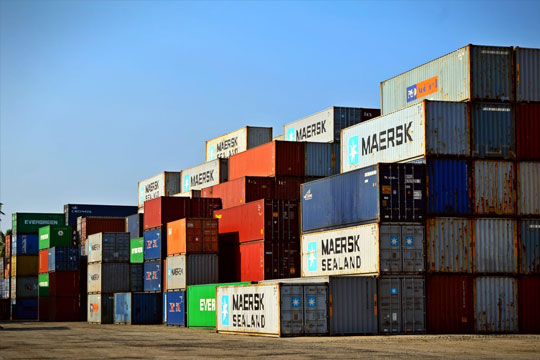As per the Economic Survey, the country’s logistics industry which is worth around USD 160 billion is likely to touch USD 215 billion in the next two years with the implementation of GST.
“With the implementation of GST, the Indian logistics market is expected to reach about USD 215 billion in 2020, growing at a CAGR of 10.5 per cent,” Economic Survey 2017-18 tabled in Parliament said.
The Indian logistics industry which provides employment to more than 22 million people has grown at a compound annual growth rate (CAGR) of 7.8 per cent during the last five years. The Global Ranking of the World Bank’s 2016 Logistics Performance Index shows that India jumped to 35th rank in 2016 from 54th rank in 2014 in terms of overall logistics performance. India has improved its rank in all the six components of logistics performance index.
To a large extent, the logistics sector in India remains unorganized, the industry is facing challenges such as high cost of logistics impacting competitiveness in domestic and global market, underdeveloped material handling infrastructure, fragmented warehousing and lack of seamless movement of goods across modes, among others. In order to develop this sector in an integrated way, it is important to focus on new technology, improved investment, skilling, removing bottlenecks, improving inter modal transportation, automation, single window system for giving clearances, and simplifying processes.
By recognizing the importance of the sector, a new logistics division has been created in the Department of Commerce to develop and coordinate integrated development of the industry, improvement in existing procedures, identification of bottlenecks and gaps, and introduction of technology-based interventions in this sector. Improving logistics sector has huge implication on exports and it is estimated that a 10 per cent decrease in indirect logistics cost can increase 5-8 per cent of exports.
Apart from increasing trade, better performance in logistics will augment programs like Make in India, and also enable India to become an important part of the global supply chain.


